The Economist Intelligence Unit applies its comprehensive reporting and simple, clear style to a detailed overview of the recent past and likely future of Asian demand for luxury goods. As the biggest player in the market, China receives the most attention in this study, which also discusses the luxury markets in India, Malaysia, Singapore and Japan. The report covers a related range of topics, such as Asia’s burgeoning middle class, the threats to high-end purveyors of counterfeit goods and online retail, and the rising consumer powerhouses in India and a variety of smaller but growing national markets. getAbstract recommends this pragmatic summary to anyone doing high-end business in Asia or considering investments in luxury brands or trends.
“Rich Pickings”
Even though “unlocking Asian potential remains the priority for luxury brands,” the immediate market for high-end goods in Asia cooled off early in 2013 after five strong years. This happened, in part, because the Chinese government’s suppression of “conspicuous consumption” occurred simultaneously with the country’s broad economic slowdown. The resulting drop in luxury purchases had negative effects not only in Asia but also in London, Paris and Hong Kong. Japan’s high-end market is sluggish; Thailand and the Philippines offer robust but relatively small sales.
In the first quarter of 2013, Gucci’s Asian business faltered, and LVMH’s growth was disappointing. Yet Bottega Veneta’s sales rose rapidly. Hermès saw strong early-year sales, as did Burberry, which opened stores under its brand name in China. In 2012, Burberry’s Chinese online site experienced a 70% jump in web traffic. The firm also hired salespeople who are fluent in Mandarin to welcome Asian consumers to its European stores.
Analysts expect Asia to lead all other regions in luxury sales. By 2023, 50% to 60% of the earnings of most luxury brands will come from Asia. The region presents...











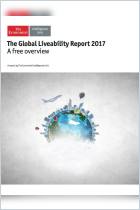
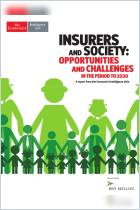
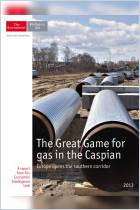
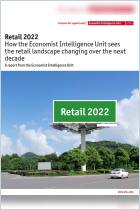
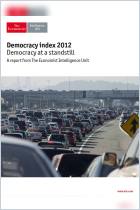
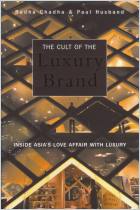
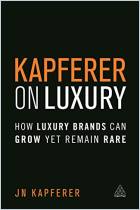
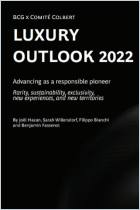
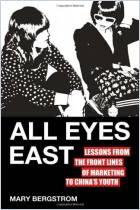
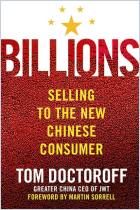
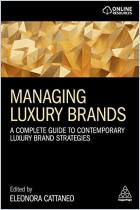





Comment on this summary or Diskussion beginnen